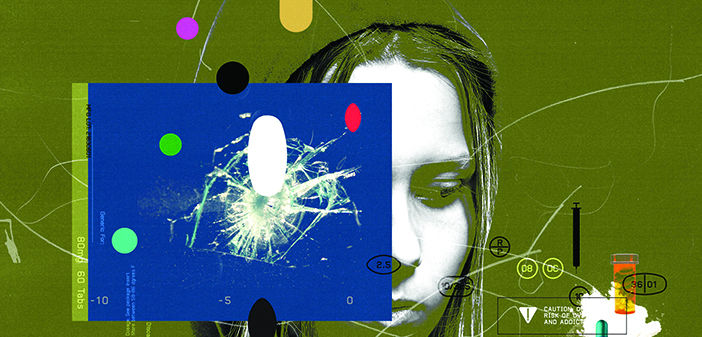Most Americans aren’t aware that their doctor can prescribe opioid use disorder treatment.
Primary care physicians can prescribe medication for opioid use disorder. But according to a recent national survey, most people don’t know this life-saving fact.
This lack of awareness is significant considering the efforts that have been made to lower the barriers to addiction treatment, says lead study author Brandon del Pozo, PhD, an assistant professor of medicine and of health services, policy, and practice (research).
“We’ve made great strides in making it easier for primary care doctors to prescribe these safe and effective treatments, but our study indicates a critical disconnect between the need for medications for opioid use disorder and people’s knowledge about how to access them,” del Pozo says.
Decades of research have shown the effectiveness of medications such as buprenorphine and methadone for opioid use disorder. Federal policy changes such as the elimination of specialized training requirements and patient caps have made it simpler for PCPs to prescribe these treatments. Yet a recent study found that, in the year after the elimination of a waiver requirement to prescribe buprenorphine, the number of prescribers increased while the number of people receiving the medication did not.
Del Pozo and colleagues analyzed the results of a June 2023 survey, and published their findings in JAMA Network Open a year later. Of the 1,234 survey respondents, 61 percent were unaware that PCPs can prescribe medication for opioid use disorder, and 13 percent incorrectly believed that they could not. Black survey respondents were most likely to hold that belief.
“People aren’t asking primary care physicians about treatment for opioid use disorder because they aren’t aware of the ways these medical professionals can help,” del Pozo says. “Raising awareness is critical to increasing effective treatment of opioid use disorders, and to reducing the racial and ethnic disparities in knowledge about access to treatment.”




